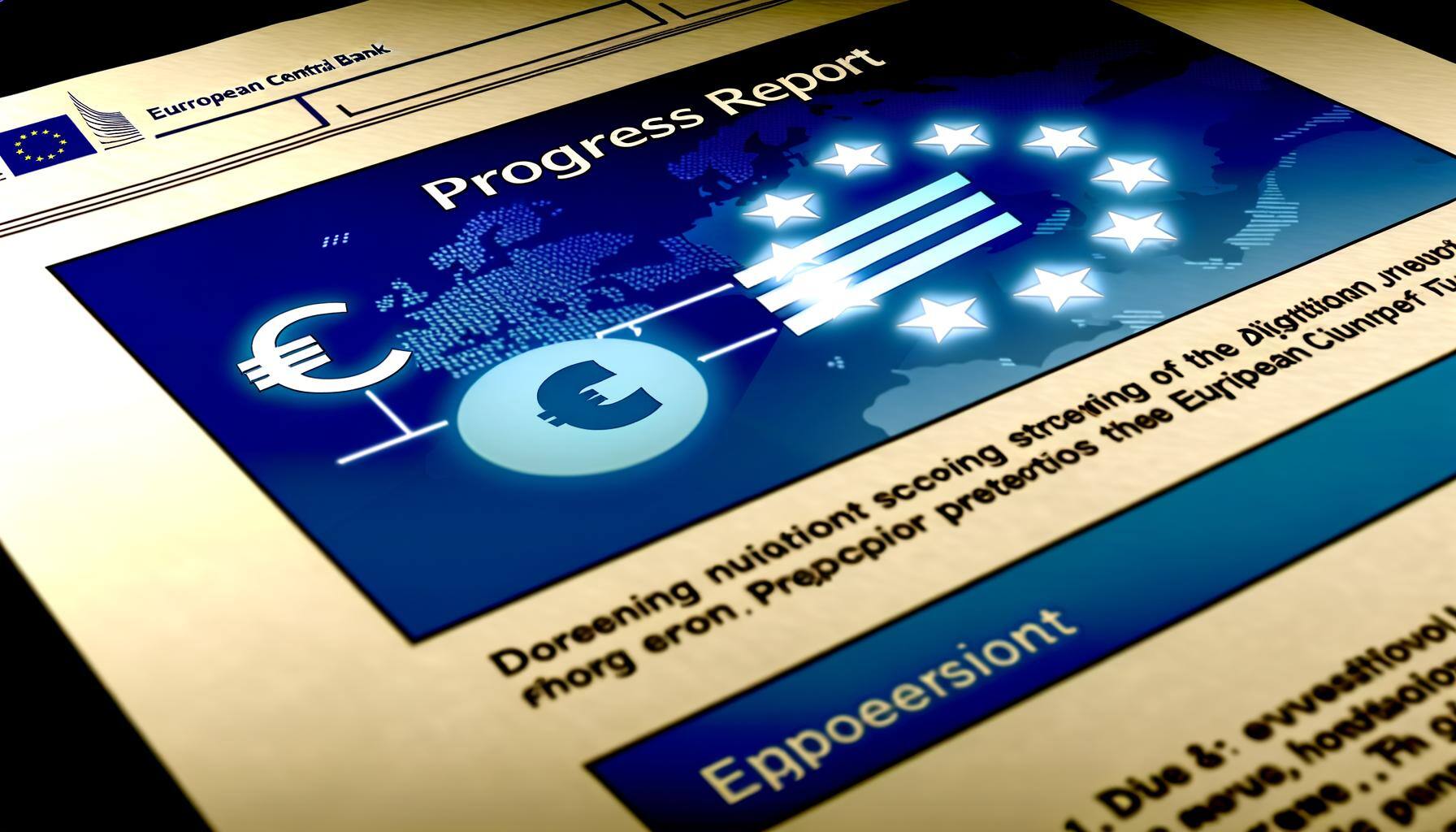ECB Teams Up with Private Sector to Shape the Digital Euro
by Digital Euro Association on May 5, 2025 6:54:54 PM
The European Central Bank (ECB) is taking a significant step forward in its digital euro project by launching a new innovation platform. Announced on May 5, 2025, this initiative brings together the ECB and nearly 70 diverse market participants – including banks, fintech companies, me …
What is required to deploy the digital euro into production?
by Lasse Meholm on Dec 6, 2024 4:20:20 PM
Virtually all central banks in the world have been working on projects for CBDC for many years. First in the form of analytical work where relations to the payment market and financial stability have been crucial. Both of these topics are extensive and analyses continue. In recent yea …
From Dependency to Autonomy: The Role of a Digital Euro in the European Payment Landscape
by Digital Euro Association on Sep 25, 2024 12:28:37 PM
On September 23, 2024, Piero Cipollone, a member of the Executive Board of the European Central Bank (ECB), addressed the Committee on Economic and Monetary Affairs of the European Parliament in Brussels. His speech focused on the progress and benefits of the digital euro project.
The Digital Euro and Central Bank Digital Currencies: Beware of Taking-Off Too Early
by Prof. Dr. Peter Bofinger on Sep 19, 2024 9:05:25 AM
This paper, by Prof. Dr. Peter Bofinger, discusses central digital currencies (CBDCs) with an analytical focus on the European Central Bank's Digital Euro (D€) project, which provides a unique lens for assessing the potential and challenges of CBDCs. The paper differs from the literat …
Navigating Negative Interest Rates: The Role of CBDCs in Reshaping Monetary Policy
by Digital Euro Association on Jul 2, 2024 12:59:57 PM
The prospect of central bank digital currencies (CBDCs) emerges as a transformative force capable of reshaping our understanding of monetary policy and its instruments. The recent study, "Assessing the Effective Lower Bound in the Context of Introducing the Digital Euro," by authors M …
ECB Digital Euro Progress Report
by Digital Euro Association on Jun 26, 2024 11:41:12 AM
The European Central Bank has released a progress report on the preparation phase of the digital euro, offering insights into the ongoing efforts to create a secure and efficient digital currency for the Eurozone. This initiative represents a significant step forward in the evolution …
The Journey Towards a Digital Euro: An Update
by Digital Euro Association on Mar 19, 2024 2:31:24 PM
A Response to Evolving Payment Trends The European Central Bank (ECB) has given an update on the digital euro, an initiative set to bridge the gap between traditional cash and the increasing preference for digital transactions. In a recent speech by ECB Executive Board Member, Piero C …
ECB Introduces New Digital Euro Rulebook Workstreams
by Digital Euro Association on Mar 19, 2024 2:28:43 PM
In an essential update from the European Central Bank (ECB), the establishment of seven specialized workstreams towards digital euro development was announced. This announcement, made on March 18, 2024, is a crucial milestone in the ongoing journey to integrate a digital euro into the …
Draft digital euro still unfinished
by Piet Mallekoote on Sep 18, 2023 9:44:59 PM
Now that the European Central Bank is designing the digital euro and the European Commission has published a proposal for a legal framework, the introduction of the digital euro is approaching. Still, it is wise to experiment a bit more first.
Digital Euro and Privacy: Analysis of the Regulatory Proposal by the European Commission
by Jonas Gross on Jul 6, 2023 10:30:00 AM
On June 28, the European Commission published a regulatory proposal for the digital euro, a central bank digital currency (CBDC) for the Euro Area. In this proposal, the Commission suggested a way to design a digital euro and how to integrate it into EU laws. In this blog post, I will …











